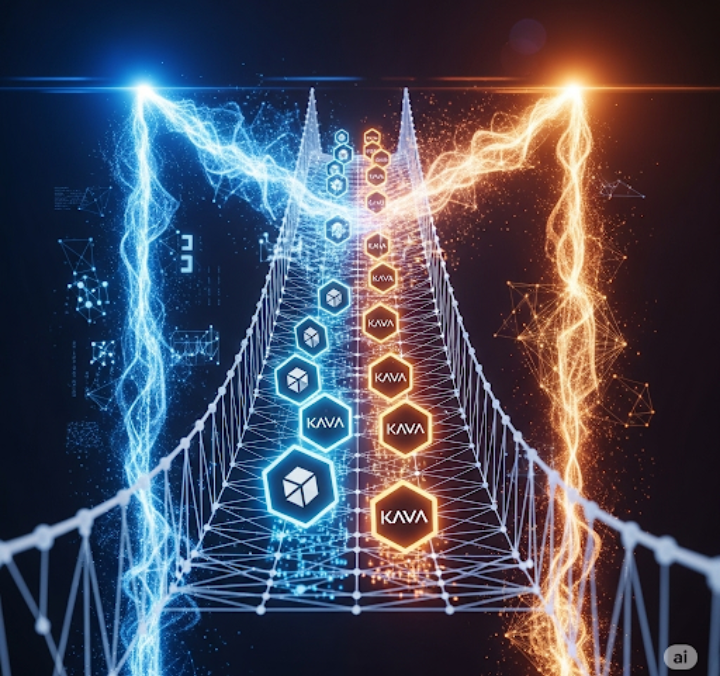Staking, the process of locking cryptocurrency to support the security and operation of a blockchain network, is a key mechanism in many modern protocols. In the Kava Network, staking not only generates passive income but also gives users direct access to the decentralized governance process.@kava
Delegation as the key to participation
In the Kava Network, staking occurs through delegation. Users who wish to stake their KAVA tokens delegate them to validators—operators responsible for confirming transactions and creating new blocks. It is important to understand that users do not lose ownership of their tokens in this process. They only "delegate" the right to vote on their behalf to the validators.
Voting through validators
Validators play a central role in the governance system of Kava. They are responsible for confirming and executing technical proposals voted on by the community. Each validator votes based on the amount they have staked as well as the amount that users have delegated to them.
This creates a unique connection between validators and delegators:
Validators have an incentive to vote responsibly, as wrong decisions can lead to a loss of trust from delegators and, consequently, a reduction in delegated tokens.
Delegators can choose validators not only based on their reputation and reliability but also based on their stance on important governance issues.
Your influence on the future of Kava
Kava validators cannot vote against the will of the delegators, as delegators have the ability to override the validator's decision. If a validator makes a decision that a delegator disagrees with, the delegator can vote "against" or "abstain," and their vote will take precedence over the validator's vote.
Thus, staking KAVA is not just a passive investment but an active participation in the life of the network. It gives every token holder the opportunity to directly influence the development of the ecosystem, making it truly decentralized and community-driven.#KavaBNBChainSummer

